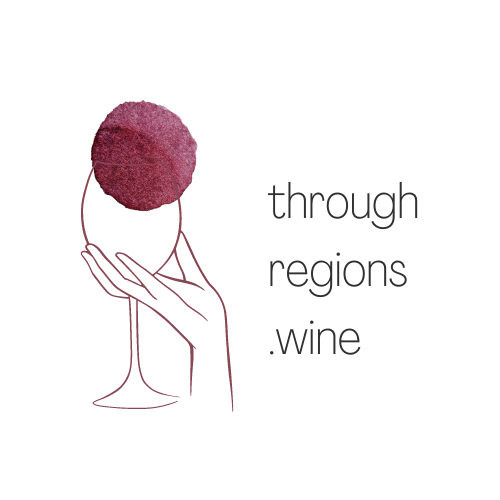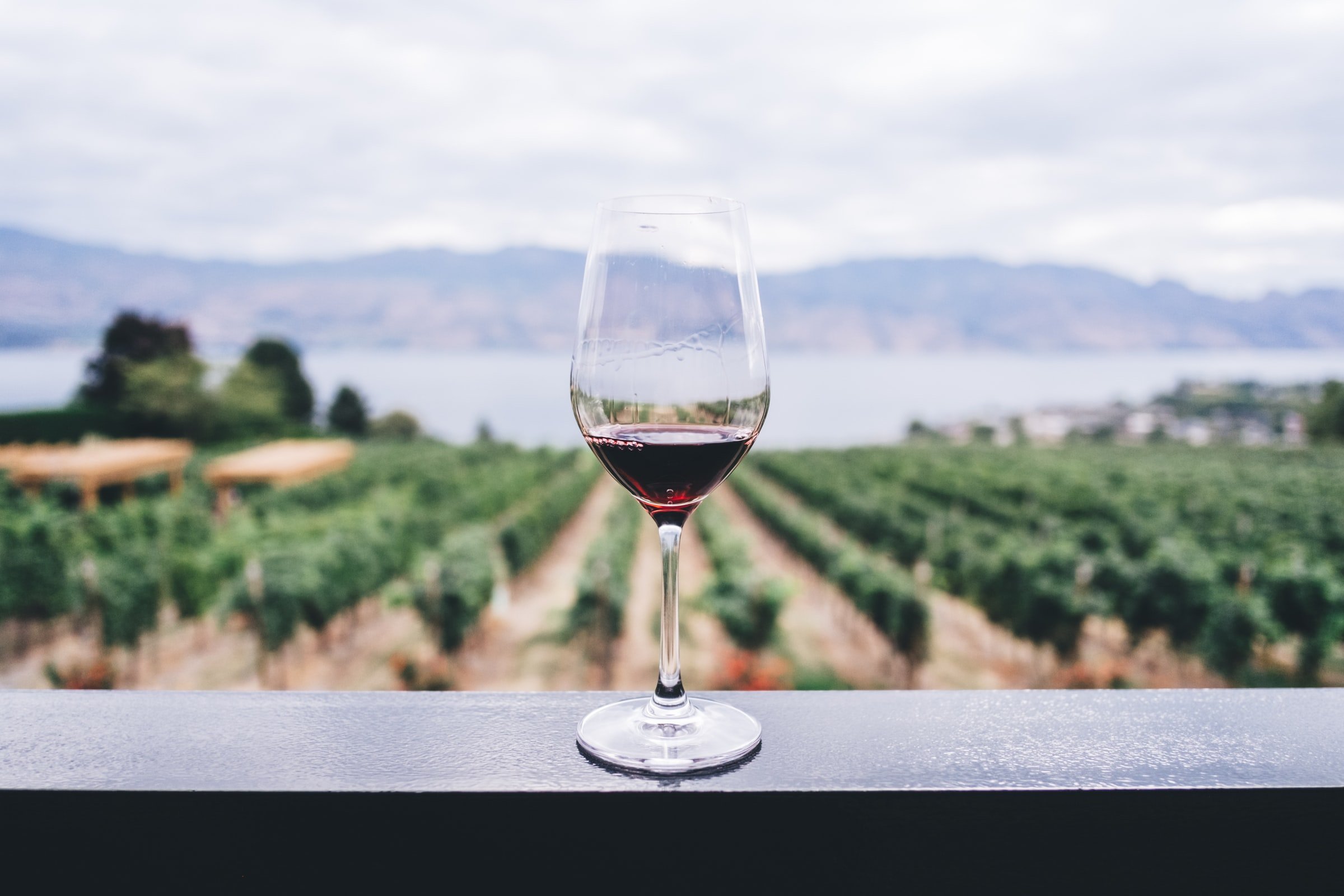
Exploring Star Producers, Hidden Gems & Future Cult Wines.

Mosel. Egon Müller
Have you watched the popular Apple TV series “Drops of God”? In one of the latest episodes, during a competition to inherit a great wine cellar, the question was asked, “Which bottle is regularly served at the Elysée Palace during diplomatic dinners with the German Chancellor?”. The answer: Egon Müller Scharzhofberger Trockenbeerenauslese 1991. Egon Müller combines heritage with modernity to produce some of the most coveted rieslings in the world. Join me on this unforgettable journey through these historic vineyards.

Pfalz. Dr. Bürklin-Wolf

Champagne. De Sousa

Champagne. Egly-Ouriet
Egly-Ouriet and its rise to prominence is a relatively recent development. Francis Egly took over the domaine in 1982 and only then they stopped selling grapes to the big houses and quickly became, along with Anselme Selosse, one of the most influential figures in the “grower Champagne” movement. He is considered to be the leading Pinot Noir grower in Champagne. The Egly wines are well known for their rich and opulent Pinot Noir style typical of Ambonnay and a great incorporation of the wood into Champagne maturation. Last year I had the absolute pleasure to be invited by Clémence Egly to visit the famous Egly-Ouriet in Ambonnay in the Montagne de Reims.

Tuscany. Case Basse di Gianfranco Soldera

Champagne. Agrapart

Mosel. Dr. Loosen
Last fall I visited Mosel and my first stop was none other than the famous Dr. Loosen estate. Anne, who was my gracious host, started off by saying that “Ernie”, as the owner Doctor Ernst Loosen is called, is sadly not available and she will try to fill in the shoes. And she did a great job! The history of the estate goes back 200 years and Ernst is looking after it since 1988. The philosophy is simple – great wines are the reflection of soil, climate and grape variety. With the cool climate, steep, south-facing slopes and slate soil perfect for radiating the heat the wineries have all the tools they need to make special wines. Last but not least the area still upholds some ungrafted vines that are more than 100 years old!

Champagne. Benoît Lahaye
Benoît Lahaye is one of the most recognized biodynamic producers in the region. His champagnes are concentrated, full-bodied, dense and powerful, which is typical for Bouzy and the neighboring villages of Montagne de Reims. They have distinct bruised apple and toasty notes with a chalky finish. The modern history of Champagne Lahaye begins in 1993 when Benoît started to work in the family vineyards established by his great-grandfather. As was common back then he sold all of his grapes to the big champagne houses. The independent production started in 1996 when the family left the cooperative.

Champagne. David Léclapart
Located in the eastern side of the Montagne de Reims in a small village Trépail David Leclapart is currently producing some of the most exciting wines the Champagne region has to offer. Although this is part of Montagne de Reims, which is known for Pinot Noir, Trépail is a great place for Chardonnay. David cultivates 80% Chardonnay and 20% Pinot Noir, which by the way is the ratio for his tête de cuvée L’Aphrodisiaque.

Poland. Jean Thierry Smolis

Burgundy. Confuron Cotetidot
During my last trip to Burgundy I had a very unique chance to meet Yves Confuron from Confuron – Cotetidot winery. A man of great conviction – which I always will choose over indifference – he is currently responsible for two wine projects.
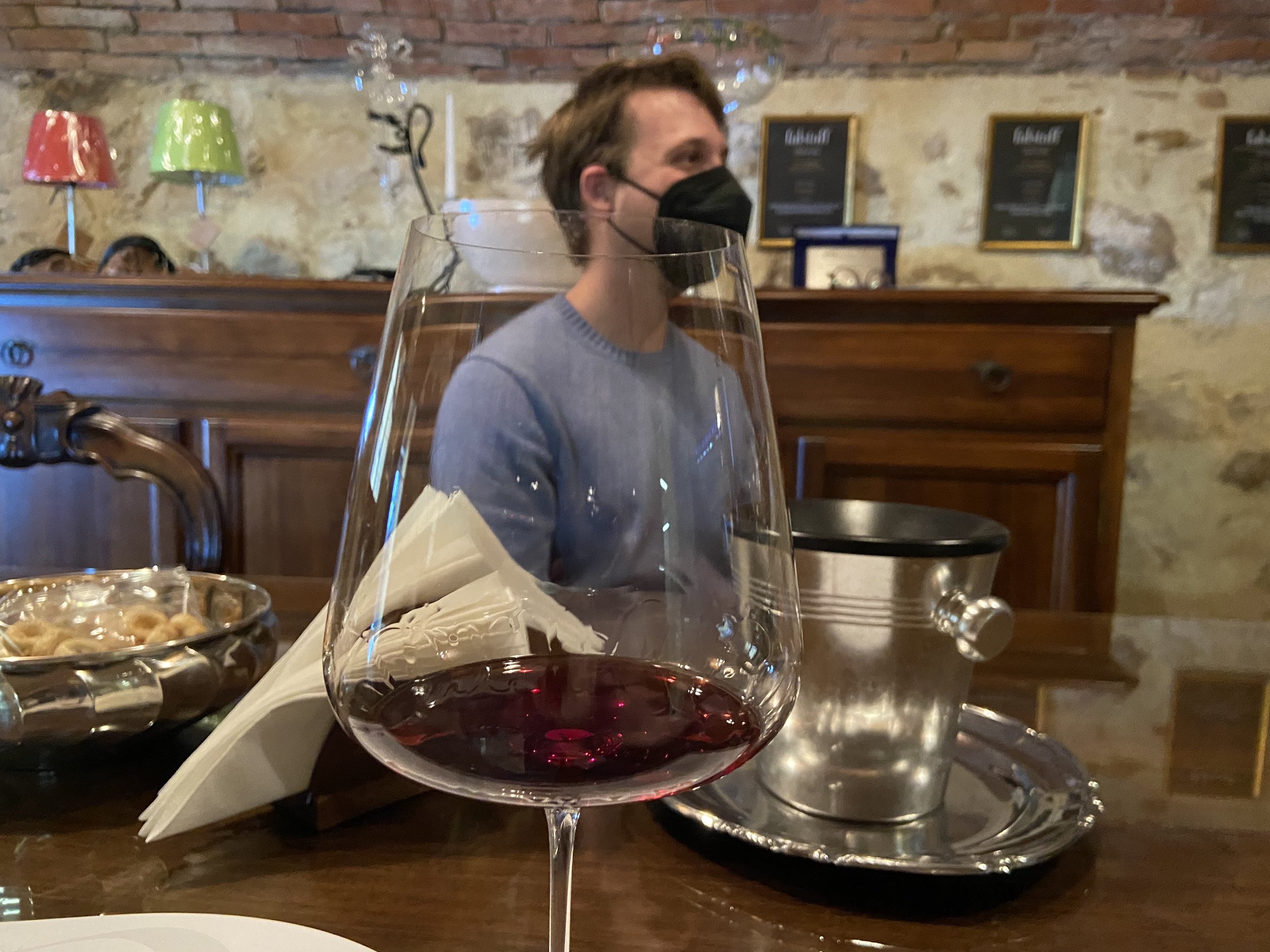
Valpolicella. Azienda Agricola Ca’ la Bionda
Do you like skiing in Italy? Next time on your way to the Alps or Dolomites stop by in the Valpolicella region and visit Azienda Agricola Ca’ la Bionda, situated in the heart of the historically “classic” Valpolicella zone. Castellani family started producing Valpolicella Superiore in 1989 and what is very unique they are vinifying the wine without the process of grape drying known as appassimento that is essential for the making of Recioto and Amarone, the region’s greatest and most noble wines.

Warsaw. Hub.Praga restaurant
Hub.Praga is a new restaurant opened just three months ago in Warsaw by a renowned chef Witek Iwański, who you may remember from Aruana. It has a short, rotating card. You can pop in for a tasting menu which consists of all of the dishes in the card without making a reservation and sommelier Grzegorz Koczela will help you select some great wine to complement the dinner.
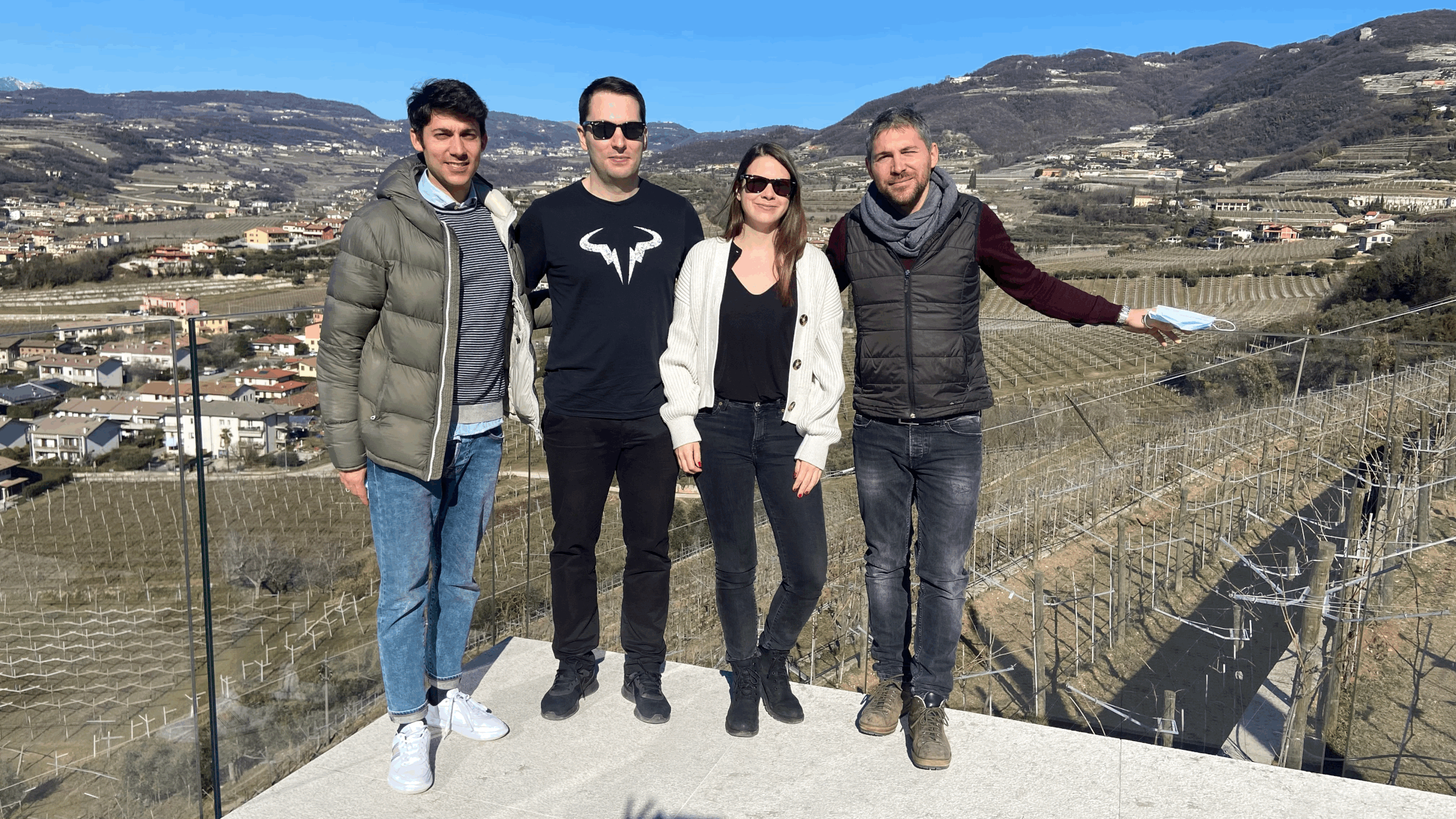
Valpolicella. Giuseppe Quintarelli - 2022 visit
It is always a day to remember when you get a chance to visit the legendary estates and I was thrilled to have another chance to catch up with Francesco after two years. For the reference about the history of the estate and current portfolio of labels I strongly encourage you to visit my previous blog entry regarding Quintarelli.

Puglia. Produttori di Manduria
The story of Produttori di Manduria begins in 1932 with the creation of cooperative “Consorzio Produttori Vini e Mosti Rossi superiori da taglio per la zona di Manduria” which had a single goal in mind – to create a benchmark for wines made from Primitivo.

Alsace. Domaine Zind-Humbrecht
When you find yourself in Alsace I recommend you book a visit at the Domaine Zind-Humbrecht, one of the most famous wineries of the region with an amazing selection of labels made from Pinot Noir, Riesling, Pinot Gris, Pinot Blanc, Gewürztraminer and Muscat.

Champagne. Jacques Selosse
If somebody asked me to summarize my experience while tasting the wines with Anselme and Guillaume Selosse I would rephrase the famous monk: “Come quickly, I am drinking the star”. But this star is just an end product of a meticulous work and set of principles which guide everything Domaine Jacquess Selosse does.

Valpolicella. Giuseppe Quintarelli
If there are 5 names of Italian winemakers that you should know Giuseppe Quintarelli is definitely one of them, as he produced one of the most famous Amarone della Valpolicella.
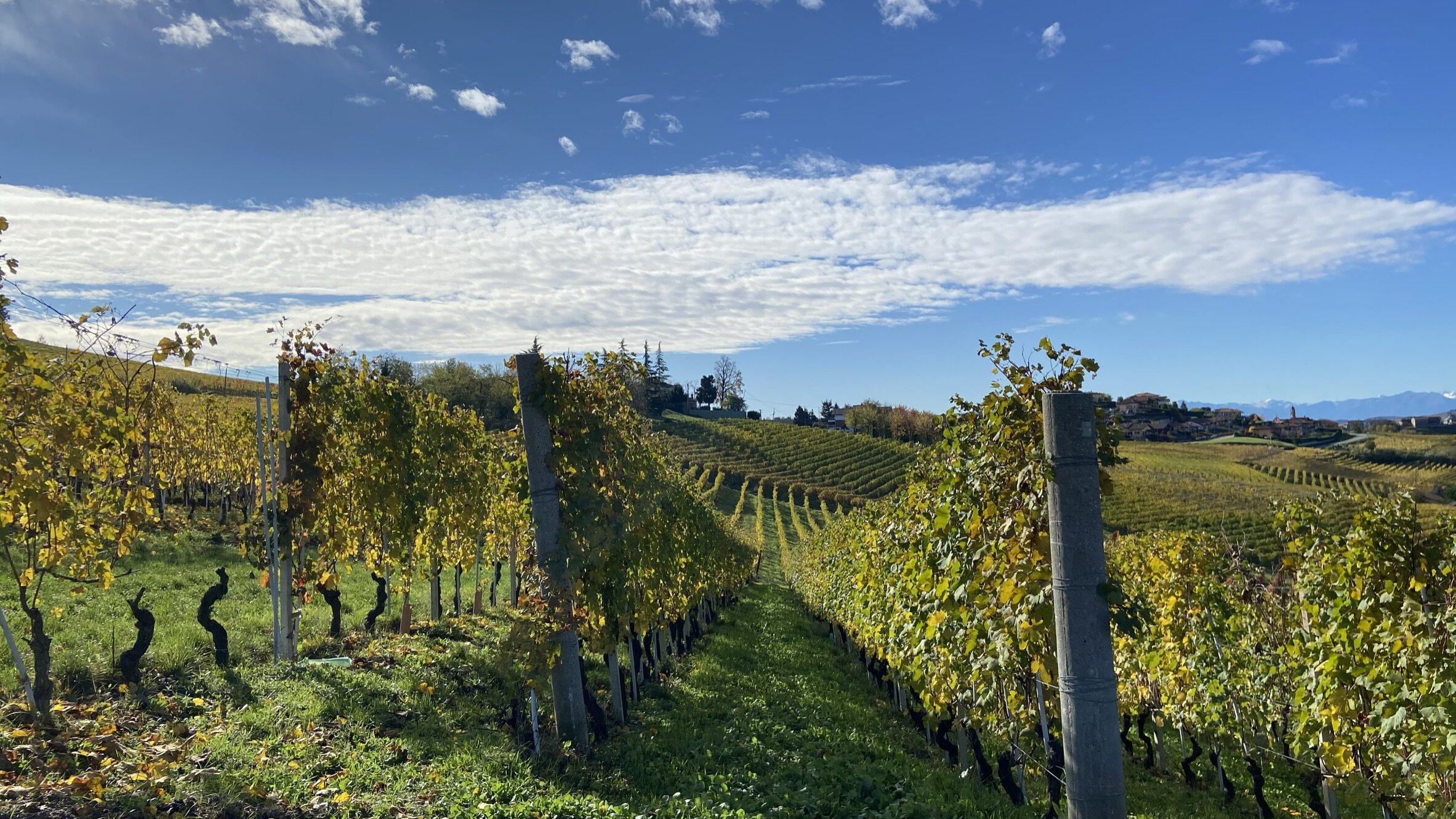
Piedmont. Pelissero
Pelissero is a family owned producer located in the city of Treiso in the north western part of Piedmont. It is most famous for their Barbaresco wines sourced from three parcels: Vanotu, Tulin and Nubiola. The 38 hectares of the vineyards are planted with Nebbiolo, however they also plant Barbera, Dolcetto and even Riesling!

Piedmont. Osteria Da Gemma
Osteria Da Gemma is a hidden gem of Piedmont. It’s not easy to find, but definitely one of the most famous restaurants in the region among locals and a must visit if you are looking for an authentic Piedmontese cuisine. Osteria Da Gemma is a simple, family-run inn housed in an old barn, where lovely 73 years old Gemma herself cooks home-style, traditional dishes from Piedmont.
